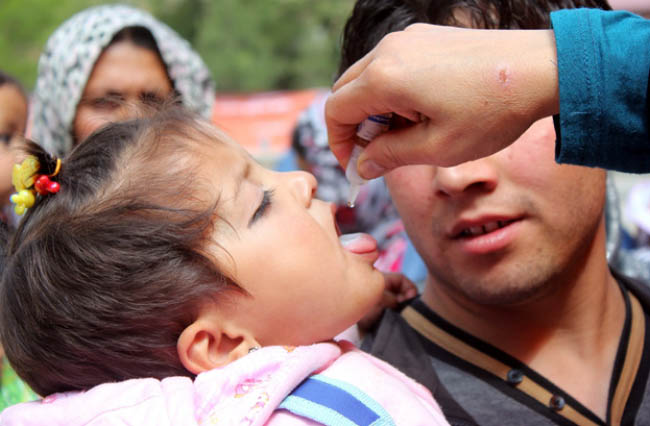Afghanistan established a new political structure more than a decade ago. The fragility of political stability, economic stagnation, administrative corruption and tens of insurmountable challenges are the main obstacles before development. These issues have not only put negative palpable effect on the function of the government’s body and health sector, but also slowed down the process of public development. The vast magnitude of corruption and instability is one of the serious and widespread challenges before Afghanistan’s health sector. Instability has restricted people’s access to public health services. However, corruption has exceed instability and poses greater threat to health sector across the country.
Although Ministry of Public Health had tangible achievements for the betterment of health condition, yet these achievements have not been sufficient enough in comparison with international aid offered in this respect. Afghanistan has the lowest standard health indicators in the region for many reasons: poor and inefficient management in health sector, corruption and lack of control and monitoring in the quality of health service, lack of a national and comprehensive policy for covering health sector, and lack of right and timely implementation of national programs about health development. The high mortality rate of mothers, infants and children under the age of five, the high prevalence of infectious and non-infectious diseases, insufficient attention to the quality of hospital services, and lack of comprehensive and equitable health supplies in remote areas and villages are highly shocking.
According to the findings of the National Vulnerability Survey in Afghanistan, only 57 percent of the Afghan population has access to basic health services and 43 percent is still deprived of these services which means that 43 percent has no access to public doctors or clinics. It comes as in many countries one doctor is considered for 5 to 10 people according to their population. But in Afghanistan, one doctor is estimated to be for 500 people. In some villages in the country, there is not even a single female doctor available to solve the basic health problem.
The import of low-quality medicines is the next challenge which has added to the dissatisfaction of healthcare personnel. The issue of low-quality medicines has been changed into a serious issue in the country as a large number of doctors and people believe that the medicines imported in Afghanistan lack standard quality and effectiveness. The medicine-importing companies import medicines which bear pharmacological marks and labels, but the quality and effectiveness of the drug is very low and may lack the necessary components. Only the producing companies will reap the benefit.
On the other hand, corruption in the Ministry of Public Health and Afghanistan’s customs hampered the active control of such medicines. It is feared that if this trend continues, the diseases will last longer due to the low quality of the drugs – which shows the negligence of the officials. Subsequently, preventing this will cost highly for Afghan people and government in long-term period.
Since the provision of health services and coverage by the Ministry of Public Health alone seems unlikely, the role of private health sector and investment in this field will support the development of health condition in the country. Unluckily, the vast magnitude of corruption in health institutions has stagnated personal investments in this respect. In other words, the hard condition for investors in the field of health has not only failed to support welfare and health development but also paved the ground for bribery and corruption to a great extent.
Lack of public trust in health sector in the country is one of the issues to be considered. In recent years, it is most likely that people lack trust in public sector. That is to say, the mistrust between nation and health sector has widened more than ever before. The long queues of people in front of the embassies of regional states for obtaining visa has increased the amount of medical tourism to neighboring countries and regions. Although medical tourism is a common practice in relations between countries, it should be noted that Afghanistan faces economic balance deficit. Thus, the withdrawal of hundreds of millions of dollars caused a serious blow to the country’s economy. Strengthening general private partnerships can play a key role in improving the supply of health services and delivering quality health services. Good governance is one of the most important factors that should be considered seriously by the Ministry of Public Health in order to create a transparent and accountable system. Revising the law, facilitating the participation of private sectors in delivery of quality health services, converting projects into programs through the mechanism of sector-based activities, and fighting against corruption are believed to improve health condition in the country.
Home » Opinion » Examining Opportunities and Challenges in Health Sector
Examining Opportunities and Challenges in Health Sector
| Mohammad Jawad Sorosh

